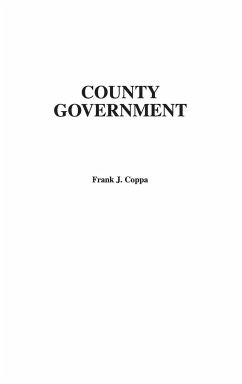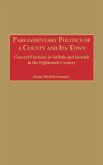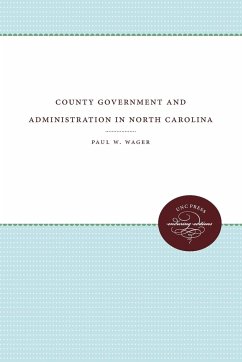Since the early 1900s, the manager form of municipal government has had enthusiastic support. Today, it is one of the most popular forms of municipal government and brought greater efficiency and accountability to municipal operations. However, as Coppa makes clear, this wave of reform has not fully impacted the counties. The commission form, widely criticized for its lack of accountability, remains the most popular form of county government. Coppa suggests greater accountability and efficiency can be achieved if the commission form is replaced with the Union plan and existing county administrators are given greater executive power. The manager plan in Union County can serve as a model for counties without an elected executive, much the same way the Lakewood plan in California symbolizes county and municipal cooperation. Although Coppa provides a guide to efficient and accountable county government, the book goes beyond its subtitle. It treats neglected topics, such as the legal status of counties, forms of county government, row officers, autonomous bodies, and the central role played by counties in reapportionment litigation. Supreme Court cases involving counties and critical issues such as free speech, elections, tax immunity, and the commerce clause are analyzed. Major issues such as the battle over ratables, revenue limits, and declining population are explored as well. Coppa examines the most critical issues faced by counties today-such as mandated expenditures-and raises the possibility of a constitutional amendment to treat unfunded federal mandates. Coppa recommends creative programs as well as an agenda for achieving efficient and accountable county government. To this end, he examines charter revision and the noncharter route as approaches to achieving economical and responsible county government. This work is an important analysis for students, scholars, researchers, and policy makers involved with local and state government issues.
Hinweis: Dieser Artikel kann nur an eine deutsche Lieferadresse ausgeliefert werden.
Hinweis: Dieser Artikel kann nur an eine deutsche Lieferadresse ausgeliefert werden.








